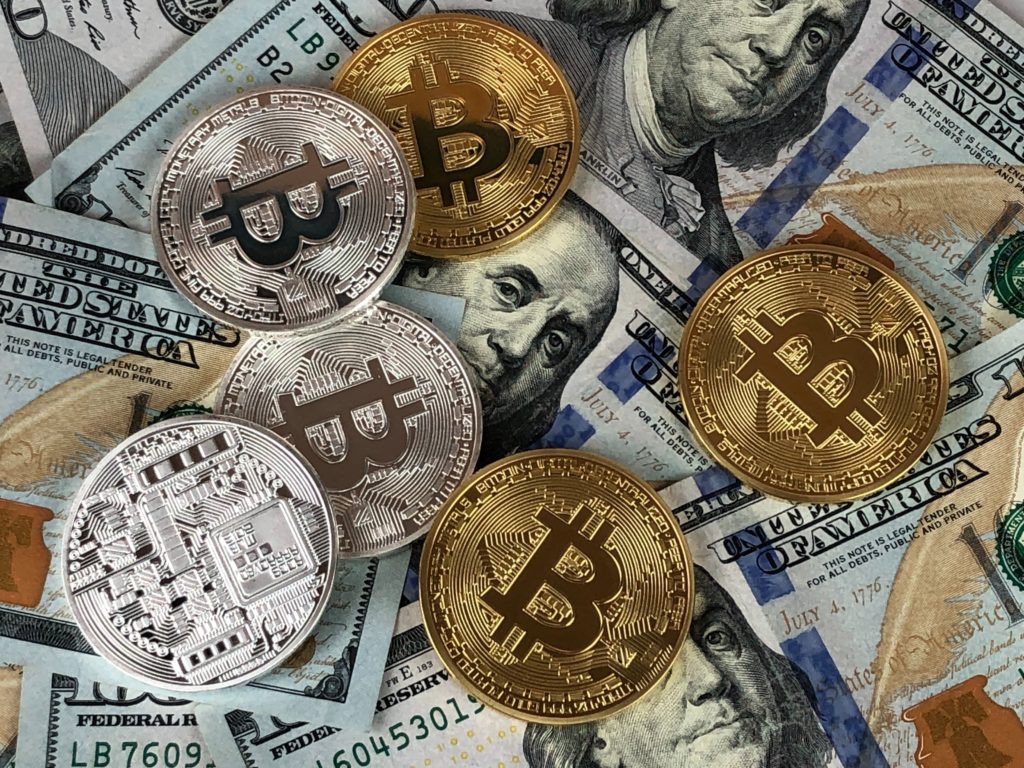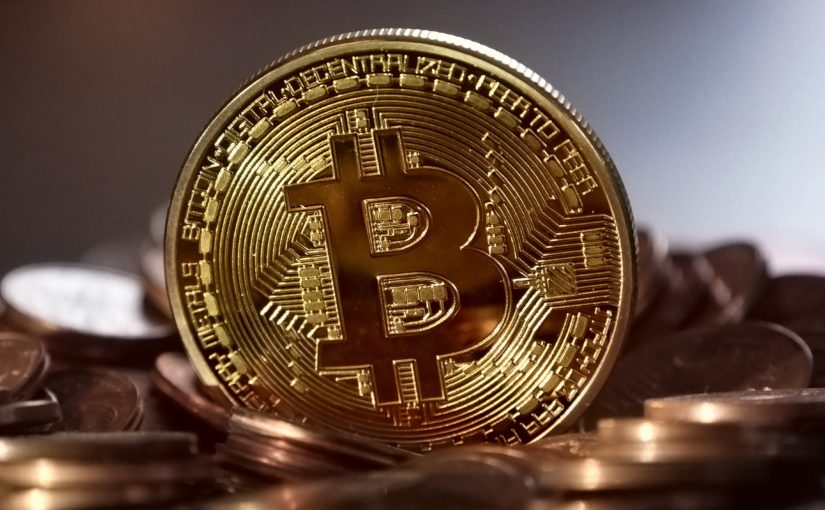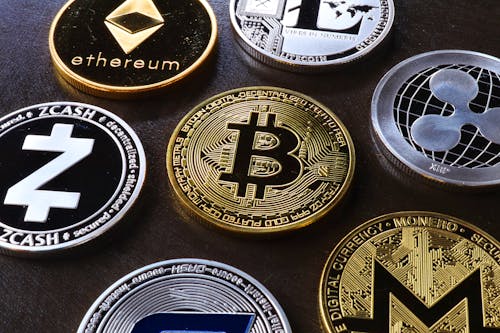A person or group of people operating under the name Satoshi Nakamoto launched Bitcoin in 2009. A worldwide army of enthusiasts swiftly adopted the cryptocurrency. It currently has user dashboards looking like the silhouette challenge however.
HOW BITCOIN WORKS
Bitcoin is a digital currency which has no ties to any bank or government. Bitcoins are basically lines of computer code that are digitally signed each time they are transferred from one owner to the next.
Users create the coins, “mining” them by lending computing power to verify other users’ transactions. For that, they receive Bitcoins in exchange. The coins however have monetary value. They can be bought and sold on exchanges with U.S. dollars and other currencies.

Since coming to light, cryptocurrency has been widely hailed as everybody’s “inroad” to financial independence. Some businesses receive Bitcoin for payment and a number of financial institutions allow it in their clients’ portfolios. Overall mainstream acceptance is still quite limited though.
Leading cryptos Bitcoin and Ethereum have endured a turbulent time over the past week. Share prices have dropped by 37.10% and 42.23% respectively. The market crash follows a decision by Tesla to no longer accept Bitcoin as payment for its vehicles, as announced by the car company’s CEO Elon Musk.
WHAT TO DO?
- Don’t Panic. The most important thing you need to have in order to make the decision is your head. Whether you are going to buy the dip, see the dip out or get out while you can, use your head. We are not telling you to not be afraid of losing your money. But, be sure you’re not just making an emotional decision.
- Assess and Evaluate. From a place of calm, make research, keep abreast of news and developments regarding cryptocurrency. It’s not the first time in recent times that the market is being hit. Just in February, the Central Bank of Nigeria (CBN) banned Nigerian banks from dealing in all forms of cryptocurrencies, then Tesla, now China, and there have been conversations surrounding India.
- Make a Decision. Assess the situation and what it means for the future. As a result, you will be making an informed decision. This provides an action plan that reflects your current view on the potential risks and opportunities of cryptocurrencies.
The plunge in cryptocurrency markets may have you unsettled. But remember, this is not the first time the market is dipping.





